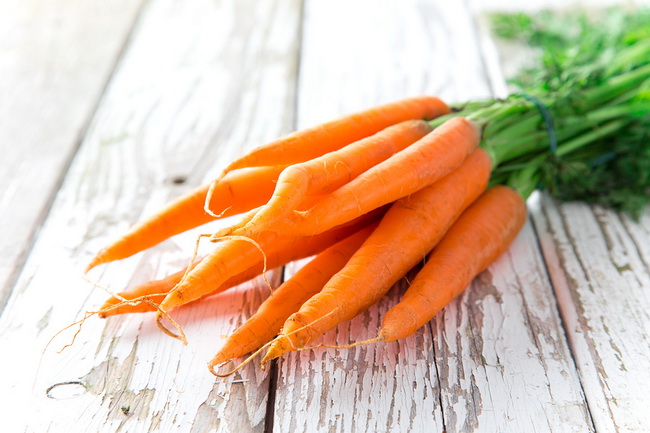- Make It Yourself Lavender Heart-Shaped Bath Bombs!
- 20 Things You Never Knew About “Down There”
- 12 Best Foods For Those Suffering From Arthritis Pain
- 12 Personal Hygiene Mistakes Almost Everyone Makes (Mom Never Told You About #4!)
- 15 Medicinal Plants And Herbs From The Cherokee People
- 12 Mind-Blowing Benefits Of Drinking Coconut Water During Pregnancy
- 12 Outstanding Winter Foods That Won’t Fatten You Up Like A Christmas Turkey
12 Natural Ways to Beat IBS (# 9 is SO Simple!)

Photo credit: bigstock.com
4. Flax Seed
Flax seeds are a great source of omega-3 essential fatty acids, which are well-known for supporting both the digestive and immune systems. Flax seeds are also a great source of fiber, which is necessary for the body to remove waste. Many people with IBS find that flax seeds can treat both diarrhea and constipation.
Flax seeds work best when slightly ground. You can grind your own flax seeds in your blender or coffee grinder and add one tablespoon of the powder to one glass of water. Drink this mixture daily. Alternately, you can add one teaspoon of flax seed to one cup of boiling water and allow to steep for 10 minutes. Strain and allow to cool, and then drink this tea before going to bed to stop gas in its tracks.
5. Carrots
Carrots are another good option to help treat both constipation and diarrhea. The pectin in carrots helps many of the symptoms of IBS. You can drink fresh carrot juice two or three times each day or bake some carrots and enjoy at least a half a cup of carrots each day with lunch or dinner until your symptoms subside.
Raw carrots should be avoided, as most people find they irritate the stomach.
6. Peppermint
For relief from bloating, cramping, and diarrhea, a little peppermint can go a long way. The British Medical Journal published a study which found that the antispasmodic compounds in peppermint were very effective in treating IBS.
Peppermint contains an antispasmodic compound called menthol oil, which soothes and smooth’s the muscles of the digestive tract. This will provide relief from gas pain, bloating, and abdominal spasms. This will also allow food to pass through the stomach and intestines much more quickly and easily.
You can drink peppermint tea two or three times each day or add three drops of peppermint oil in a half cup of warm water and drink this three or four times each day.
Don’t overdo peppermint oil! In excessive amounts, peppermint can cause a loss of appetite, nausea, heart problems, and even nervous system disorders. Speak to your doctor first before consuming peppermint to be certain that this herb is right for you.
Continue to Page 4
































